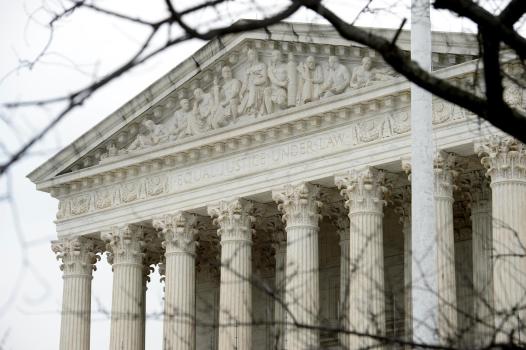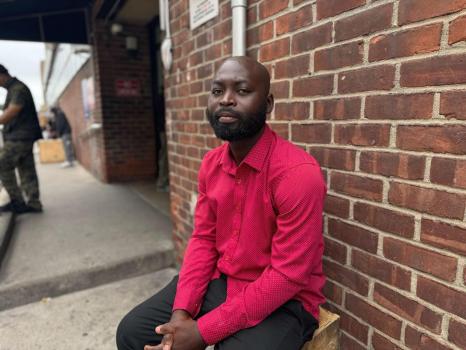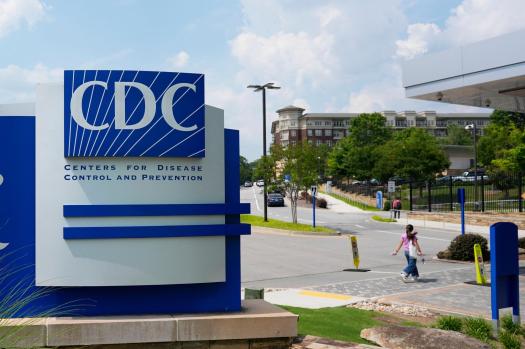Written by Lindsay Whitehurst
Washington (AP)On Friday, the Supreme Court ruled in favor of e-cigarette businesses, facilitating lawsuits against the Food and Drug Administration for preventing their products from entering the multibillion-dollar vaping market.
Related Articles
-
Federal judge blocks Trump effort to keep Harvard from hosting foreign students
-
Police in northeast Ohio arrest man who allegedly menaced GOP US Rep. Max Miller on interstate
-
Federal judge puts off additional rulings in case against Trump s National Guard deployment in LA
-
Supreme Court rejects toy company s push for a quick decision on Trump s tariffs
-
Senate parliamentarian deals blow to GOP plan to gut consumer bureau in tax bill
The 7-2 ruling comes as businesses resist a federal regulatory onslaught on e-cigarettes that has been going on for years. It is anticipated that the firms will have greater control over which judges will hear cases brought against the agency.
In an April opinion, the judges took a different stance on vaping, supporting the FDA’s broad ban on the majority of sweet-flavored vapes that was put in place in response to a surge in child vaping.
Before the agency began regulating the market under the Tobacco Control Act in 2016, R.J. Reynolds Vapor Co. produced a line of well-liked vaping products with berry and menthol flavors. This company filed the current lawsuit.
According to Justice Amy Coney Barrett’s majority judgment, the agency’s decision to deny authorization for the company’s Vuse Alto devices was the death knell for a sizable chunk of the e-cigarette business.
Since the corporation is situated in North Carolina, its options would normally have been restricted to suing the FDA in North Carolina or Washington, the agency’s home location. Rather, it partnered with companies that sell the goods in Texas and filed a lawsuit there. The conservative 5th U.S. Circuit Court of Appeals upheld the complaint, ruling that anyone whose company is negatively impacted by the FDA ruling has the right to file a lawsuit.
The agency filed an appeal with the Supreme Court, claiming that R.J. Reynolds was engaging in a practice known as “judge shopping”—finding a court that would agree with its viewpoints.
However, the judges concluded that the statute does permit other companies impacted by FDA rulings, such as e-cigarette vendors, to file lawsuits in their states of residence.
Justice Ketanji Brown Jackson, who was joined by Justice Sonia Sotomayor in dissent, stated that she would have supported the agency and restricted the locations for filing cases.
While the corporations will still have to contend with the Supreme Court’s April ruling, the Campaign for Tobacco-Free Kids termed the majority judgment unfortunate since it would allow manufacturers to judge shop.
“The court acknowledged that agency decisions can have devastating downstream effects on retailers and other businesses, and the decision ensures that the courthouse doors are not closed to them,” said attorney Ryan Watson, who represented R.J. Reynolds.
Visit https://apnews.com/hub/us-supreme-court to follow the AP’s coverage of the Supreme Court.












